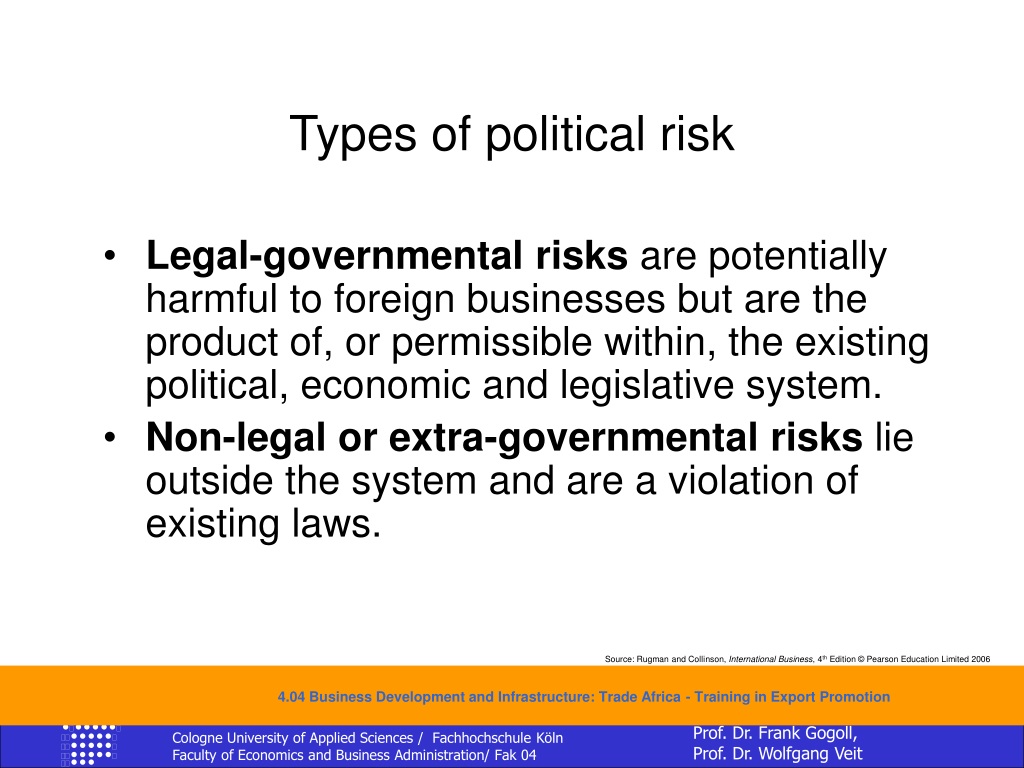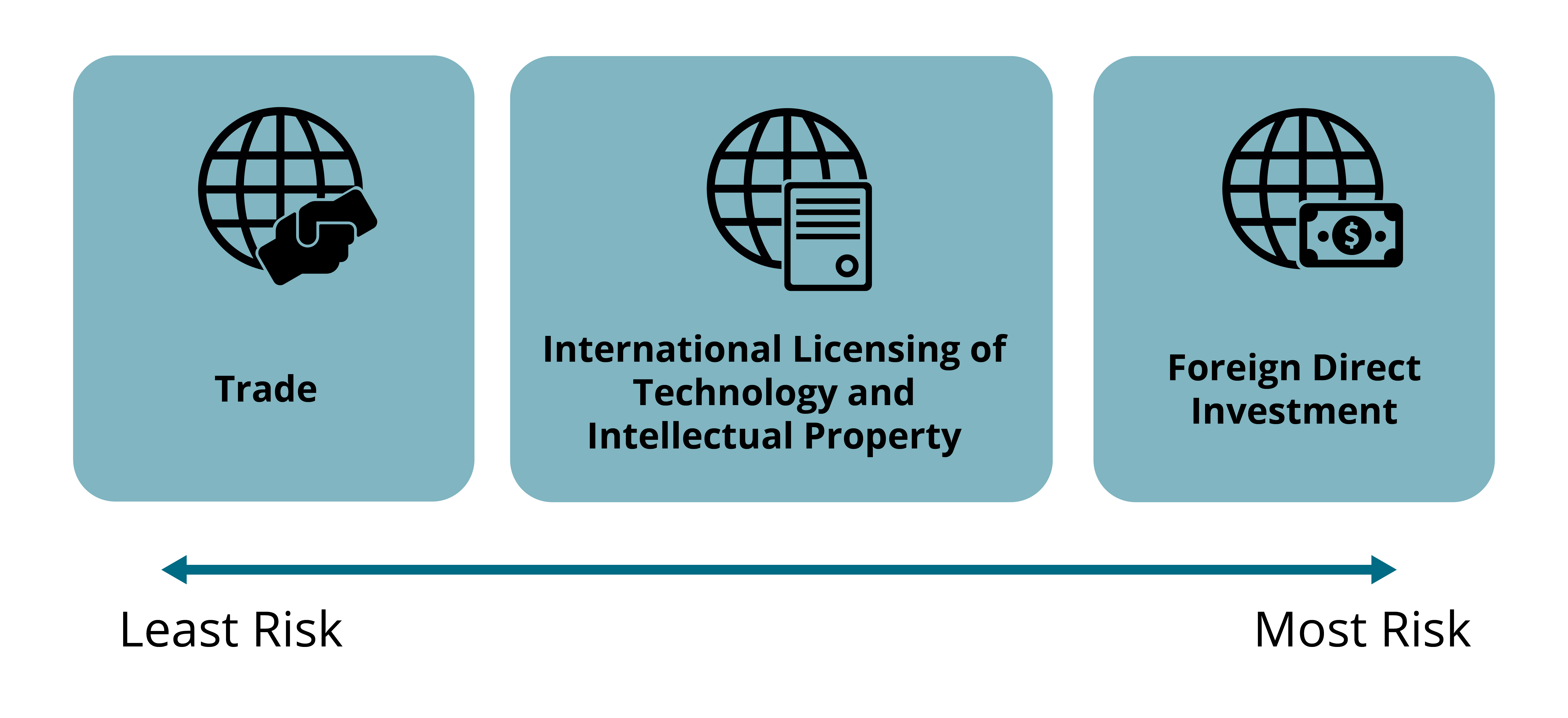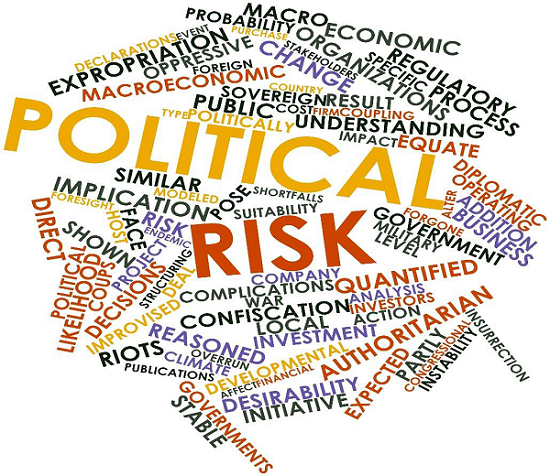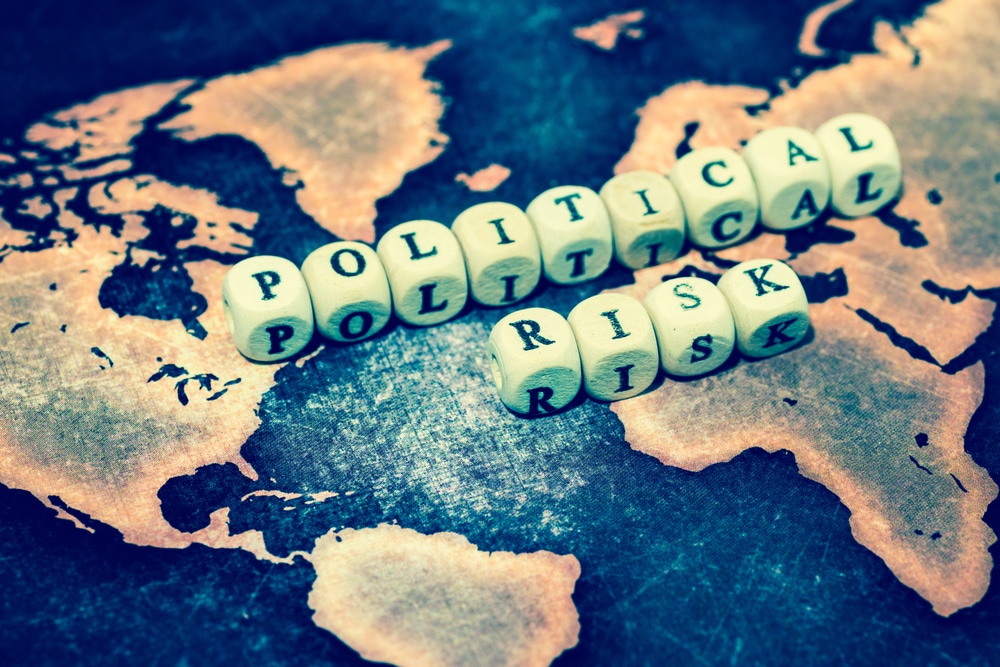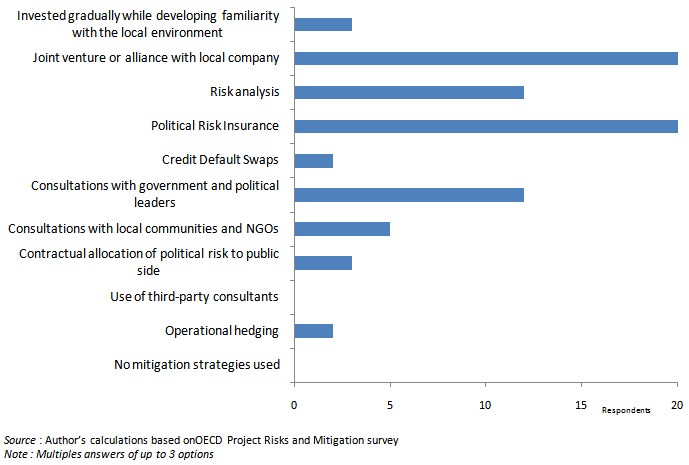Political risk is a major concern in international trade, as it refers to the potential for changes in a country's political climate or policies to negatively impact the profits or operations of businesses operating within that country or trading with it. This risk can come in many forms, including changes in government regulations, political instability or violence, and expropriation or nationalization of assets.
One way in which political risk manifests itself in international trade is through changes in government regulations. For example, a country may decide to implement new tariffs on imported goods or increase regulations on foreign businesses operating within its borders. This can make it more difficult or costly for businesses to trade with that country, potentially leading to reduced profits or even the need to exit the market. Similarly, a country may decide to change its currency exchange rate, which can also have a significant impact on the profitability of international trade.
Political instability or violence can also be a source of political risk in international trade. In countries where there is a high risk of conflict or unrest, businesses may be hesitant to invest or operate due to the possibility of damage to their assets or the safety of their employees. This can lead to reduced trade and investment, as businesses seek out more stable and secure markets.
Expropriation or nationalization of assets is another potential source of political risk in international trade. This refers to the government seizing or taking ownership of a business's assets, often for the purpose of furthering its own political or economic goals. This can have a significant impact on the profitability of international trade, as businesses may be compensated at a lower value than the fair market value of their assets.
There are a number of ways in which businesses can mitigate political risk in international trade. One approach is to diversify trade across multiple countries, reducing the impact of any one market. Another option is to use political risk insurance, which can provide financial compensation in the event that a business's assets are expropriated or its operations are disrupted by political events. Finally, businesses can also engage in risk management strategies, such as conducting thorough research on potential markets and building relationships with local partners and governments to better understand and navigate the political landscape.
Overall, political risk is a significant concern in international trade, and it is important for businesses to be aware of the potential risks and to develop strategies to mitigate them. While it is not always possible to completely eliminate political risk, by being proactive and taking steps to minimize its impact, businesses can better protect their operations and profitability in the global market.
